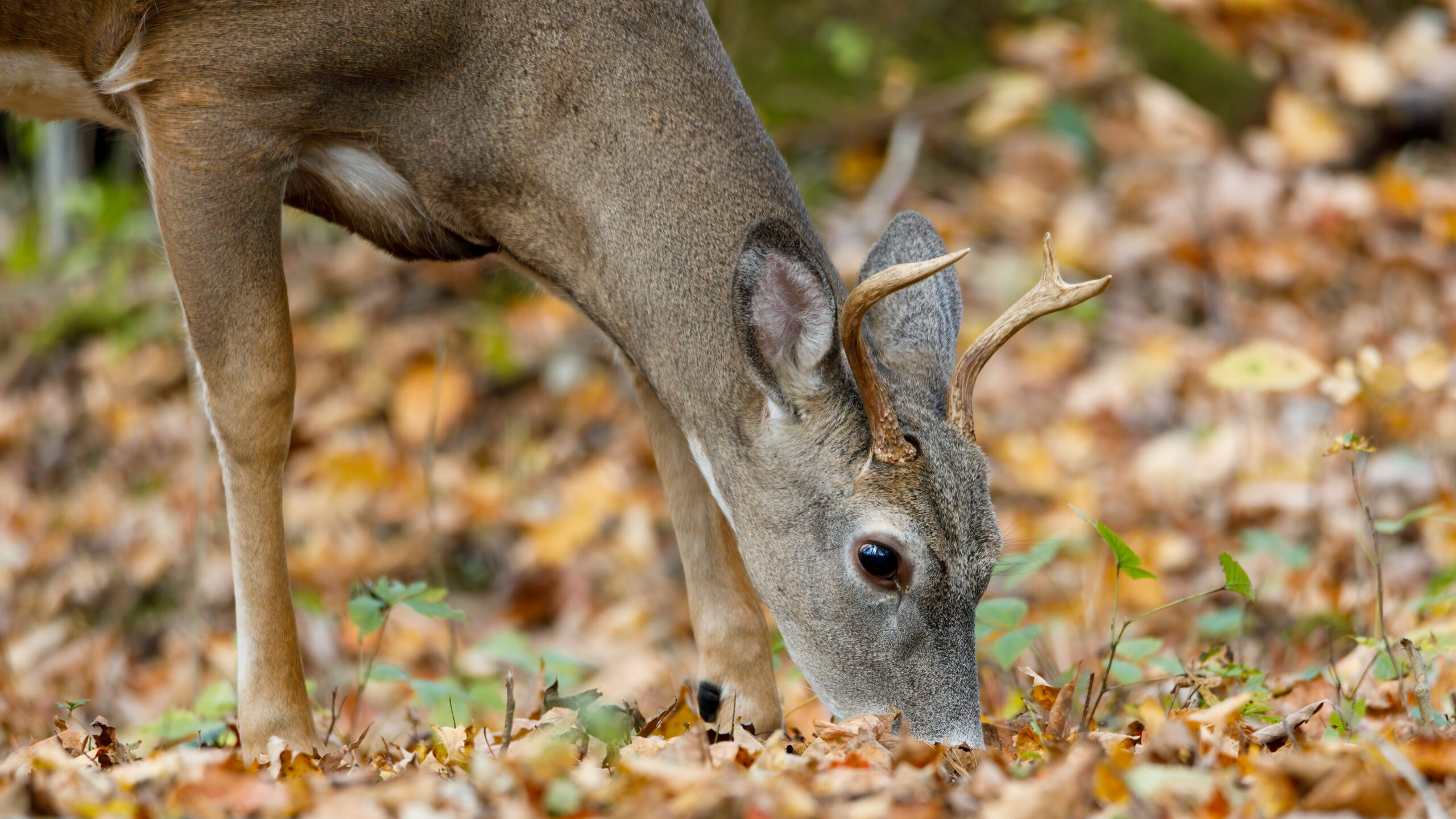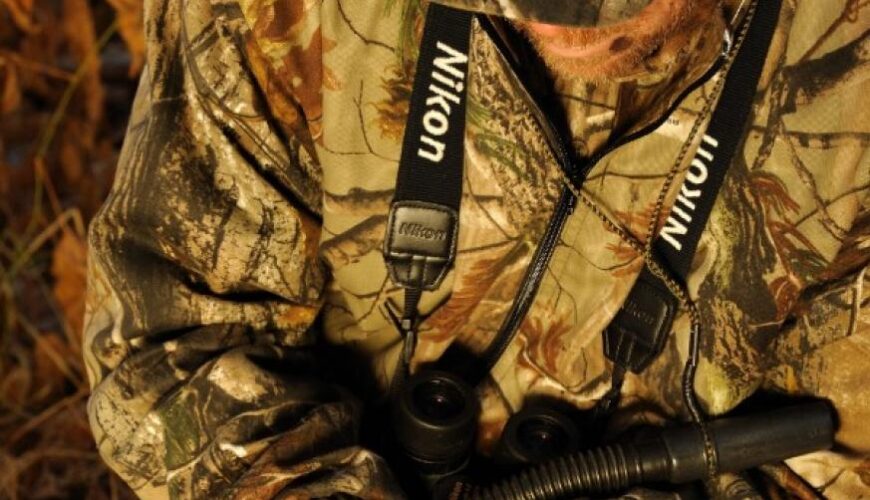Tactics
5 Reasons Squirrel Hunting is the Ultimate Hunting Experience
January 9, 2026 •Guest Contributor
October 21, 2024
During a deer season scouting walk of your hunting property, whether public or private, keep an eye out for natural foods. One of the biggest factors that can determine whether deer will be actively feeding in open fields and plots early in the season, or remain hidden in the woods, is the state of the mast crop — particularly acorns. Deer eat acorns but oaks don’t always produce. In fact, acorn production can be quite variable depending on a long list of factors. Even in years when a number of trees seem to produce, not all of them will.

It’s important to understand how deer eat acorns on your property to help determine the best course of action for hunting season. The best time to conduct an acorn survey is between the second week of August into the first week of September. At that time, acorns have developed enough to be visible from the ground. Meanwhile, acorn predators, such as squirrels, will not have eaten too much of the crop. Using binoculars, inspect the tops of oaks for limbs laden with the sweet tasting nuts.
White oaks are preferred to red oaks, but both provide important nutrition. If oaks are abundant, plan on focusing early season hunts in the woods. Big bucks prefer the safety of cover to feeding in the open. Likewise, if only a few scattered trees are thick with acorns, these trees will be some of the most serious deer magnets come this fall.
Other top natural foods include muscadines, persimmons, dogwoods, honeysuckle, clover, berries and old fruit trees. Deer also browse fresh green shoots of almost any type. So, areas that have been burned over can provide a smorgasbord.
Planted fields of soybean, alfalfa, corn, and wheat will draw deer better than most natural foods. However, it’s just as important to note what has been planted on adjoining properties as well as your own. These can draw deer away from your property. Even if deer are leaving your property to feed and your area is rich in bedding cover, identify key stand sites along trails between the cover and food that are on your side of the fence.
